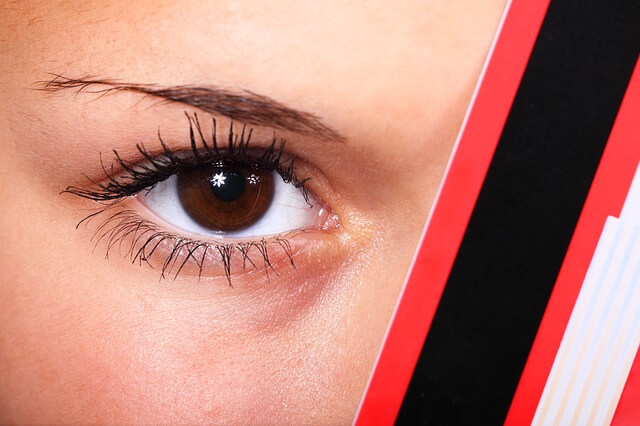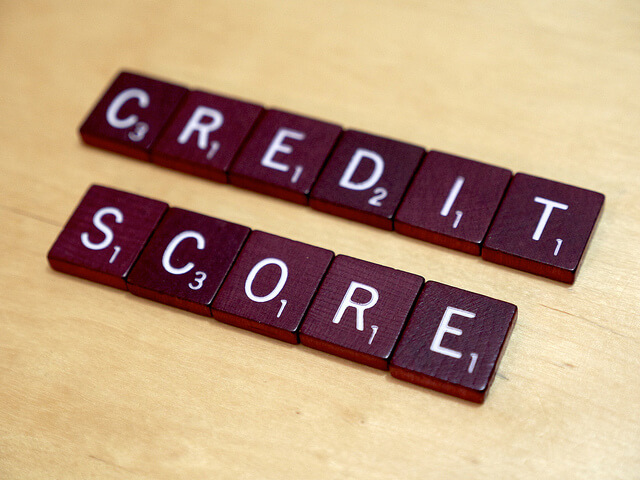6 Things to Consider Before Getting Your First Credit Card
Plastic money, free money, emergency fund – are all terms that people to describe credit cards.
Credit as a system has been around for quite a while. It’s thought that credit really began with general stores giving farmers equipment and supplies on credit until they could be paid after harvest. In 1950s though is when the first credit card was created. Credit cards didn’t really become popular though until the 1980s.
There are good ways and bad ways to use credit and credit cards, and a lot of people mistakenly treat credit cards as free money. This is how some consumers end up in thousands of dollars of credit card debt. Some families live off of credit cards to get by, while others spend extravagantly whether they can afford it or not. If you are thinking about getting your first credit card, here are some things to think about before you sign the dotted line.
Good Uses of Credit vs. Bad Uses of Credit
There are some good reasons to have a credit card, like helping you build your credit score. If you want to purchase a house or something else significant, you need to have a decent credit score in order to qualify for a loan.
You can establish one through student loans or utilities, but a line of revolving credit, like a credit card, will help keep your score high. The higher your credit score, the better chance you have at securing a loan with a low interest rate.
A bad use of credit is having several lines of credit open with none of them being paid off. This could lower your score and lessen the chance you’ll have a getting a loan. Even if you do qualify for a loan, you may have to pay a higher interest rate.
Credit Card Limits
Credit cards come with spending limits. Just because you get a card with a $5,000 limit, does not mean that you can or should spend $5,000. The suggested rate is under 25% of your limit. If your card gets a balance over that amount, your credit score can be affected, especially if you don’t pay your card off in full every month.
Credit Card Fees
Credit cards sometimes come with yearly maintenance fees. These may not seem like much, but they can add up over time. It’s best to avoid credit cards with this fee if you can. There may also be fees associated with balance transfers and cash advances. You can also be charged a late fee if you make a late payment, or a fee if you go over your credit limit. Make sure you read all the terms and conditions before getting your first credit card.
Interest Rates
There are numerous types of credit cards out there with various rates and fees. The interest rate is called an APR or annual percentage rate. This can be fixed or variable and is usually tied to the balance on the card. APR is applied when your balance isn’t paid in full and there is often a grace period where you can make payments or pay it all off, without the interest getting applied. You can qualify for a lower APR if you have excellent credit, but if this is your first credit card, it will likely have a high APR as you are an unproven borrower.
Reward Programs
Lots of credit cards come with rewards programs. You may see them on television commercials or get offers for them in the mail. Most rewards programs offer points for each dollar you spend on your card. If used correctly, this can be beneficial in getting free or lower cost plane tickets, extra cash in your account, or points to redeem at retail stores or restaurants. But, you have to be careful to not get in to debt just to earn these rewards.
Your Credit Goals
Keep in mind your first credit card should be used as a way to build credit, not as an unlimited source of money. You still have to pay that bill. If you treat it as your emergency fund, treat it with extreme respect. A shopping spree is not an emergency. It’s better to work towards an emergency fund in your savings, and have your credit card as an accessory.
Misuse of credit cards can lead to a slippery slope of horrible credit and crushing debt. A single credit card is all you really need to have. Before you apply for your first credit card, do your homework. Take time to research which card type would be best for you. Be resilient in paying your bill and watching your balance. Credit cards can be a great financial accessory, but only if managed correctly.
Are you considering getting your first credit card?




I remember the purpose why I got my first credit card, and it was really for the reward points. I got a watch. Then, I never even knew that there’s credit card fees, so I changed cc and looked for a better one.
I have two credit cards, and the reasons why I have them are the reward points and convenience. The two cards serve completely different purpose. One is really for lifestyle, and one for commodities.